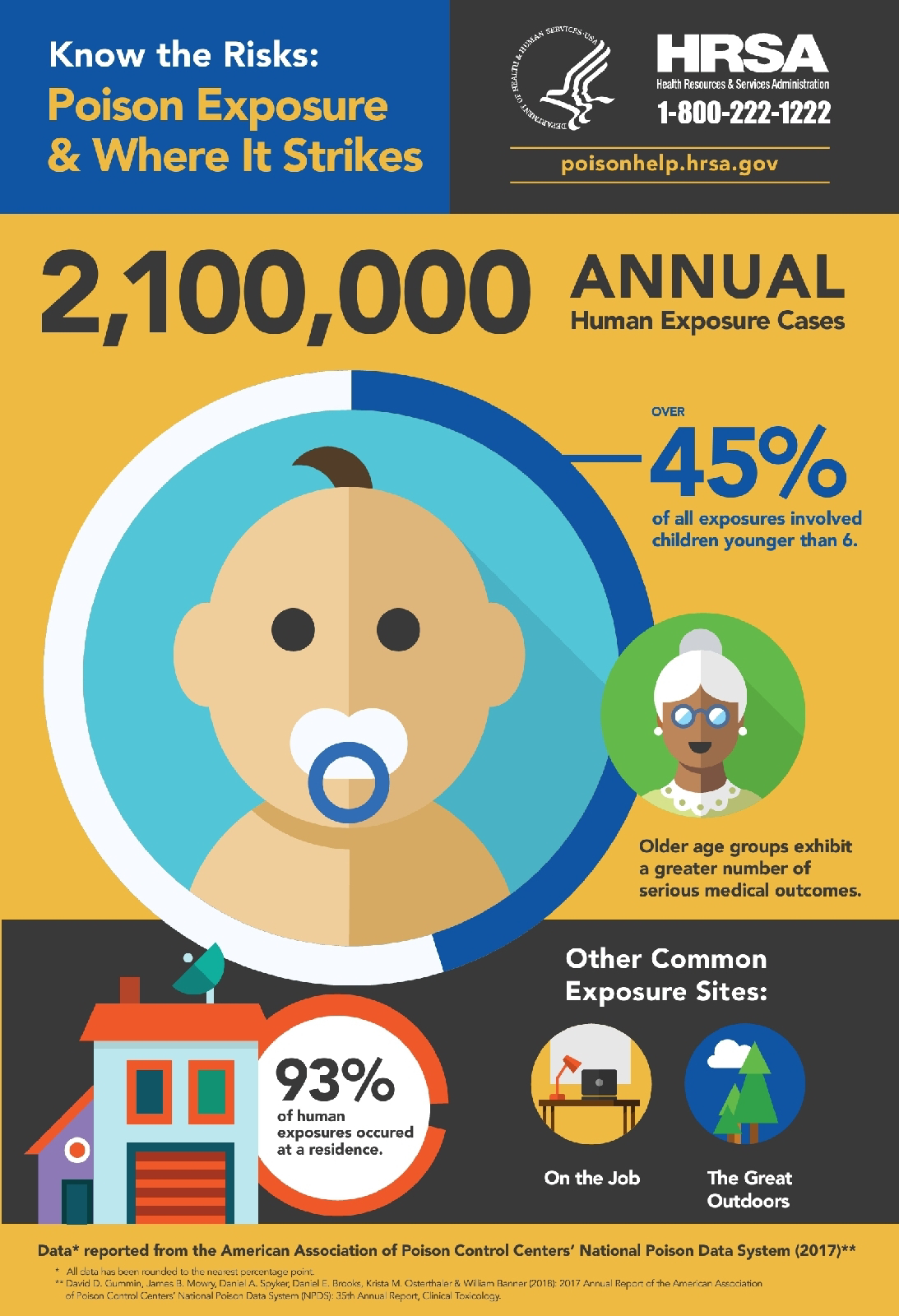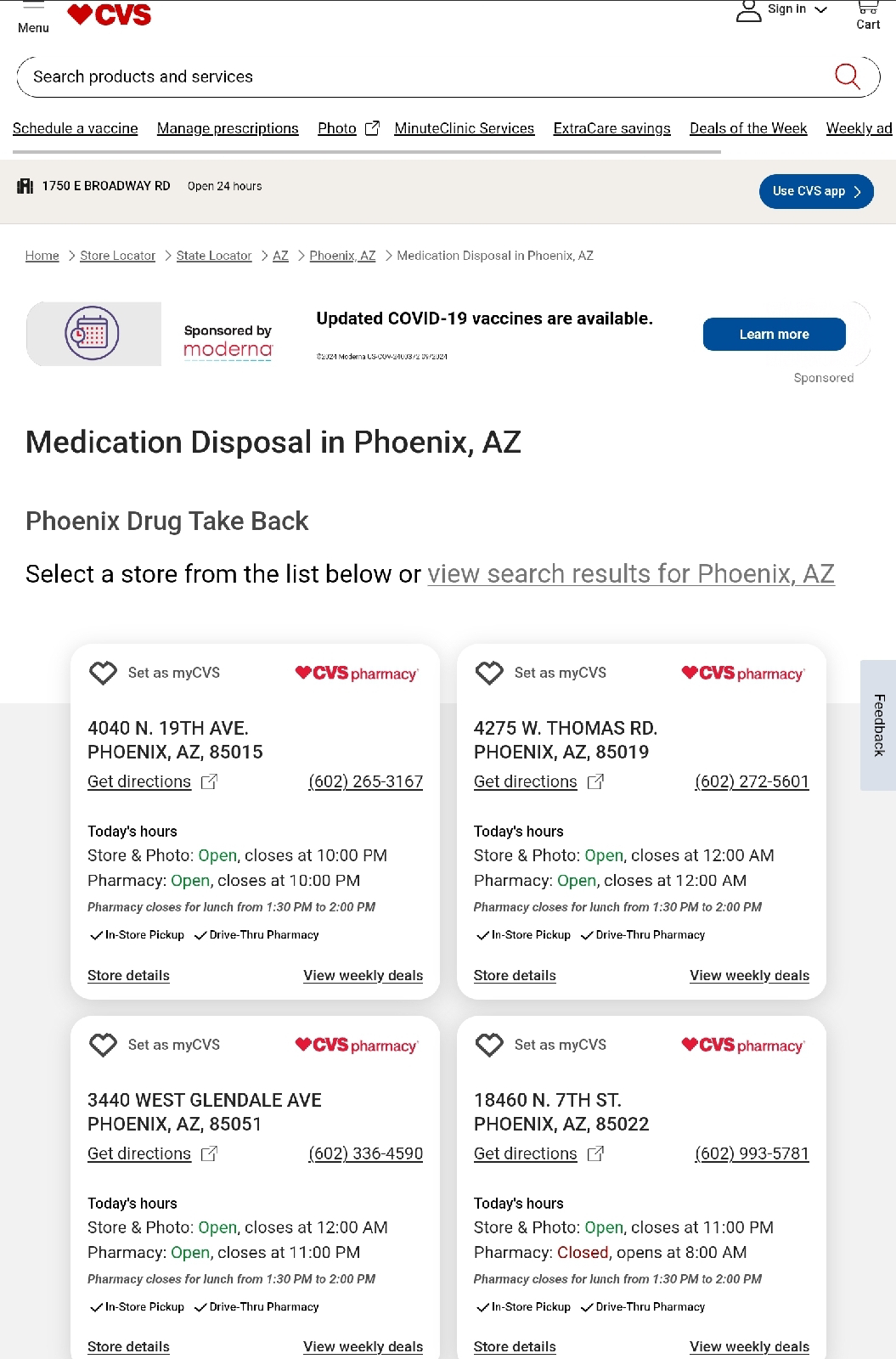We will be discussing the human and animal aspects that it affects.
Humans:
● 2,100,000 annual human exposures
● 45% involved children under the age of 6
● Older age groups exhibit a greater number of serious medical outcomes
● 93% of human exposures occur in the home 🏡
Animals:
● The number one poison for dogs is over-the-counter medications, including acetaminophen (Tylenol), ibuprofen, and naproxen (Advil, Aleve). Other common poisons include chocolate, grapes, raisins, and xylitol.
● Pennies after 1982 are made with zinc, which is toxic to animals
Disposing of unused/old medications:
● CVS has a prescription/OTC disposal program. You can go on their website to locate the nearest one to you. We have 2 CVS stores near me that participate in this program.
Medication List:
● Everyone should have a detailed list of the medications they are on in case of an emergency. I can't tell you how many times, as an EMT, when I was taking a patient's hx, they had no idea what the medications were called or the last time they took it.
Two important Poison Control Hotline numbers you need to have program in your phone:
Human: 800-222-1222
Animal: ASPCA 24/7 Poison Control Hotline at 888-426-4435 or the Pet Poison Helpline at 855-764-7661.
Poisons are mainly caused by human error, both to humans & and animals.
● Take an inventory list of your medications and OTC drugs in your home
● Check CVS website for the nearest drug disposal location near you





No comments:
Post a Comment